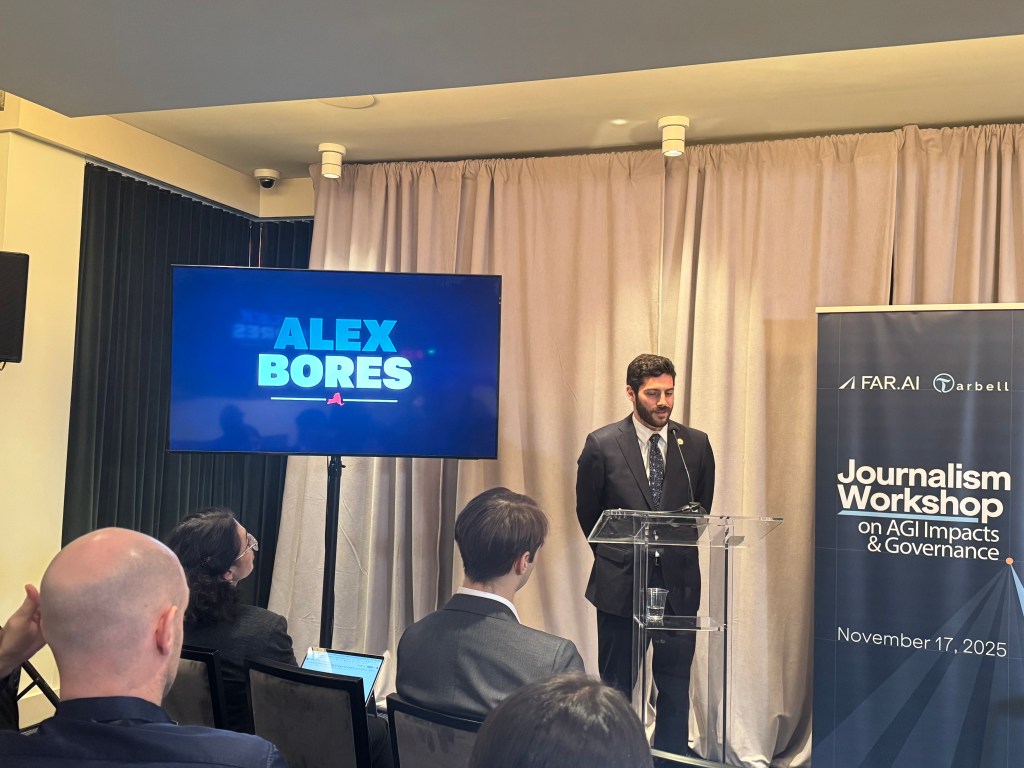Tech Titans Clash with New York Lawmaker Over AI Safety Legislation
In a significant development within the tech and political arenas, New York Assembly member Alex Bores has become the focal point of a substantial campaign by Leading the Future, a super PAC backed by prominent tech figures including Andreessen Horowitz and OpenAI President Greg Brockman. This super PAC, established in August with over $100 million in commitments, aims to support policymakers who advocate for minimal regulation of artificial intelligence (AI). Their first major initiative targets Bores, who is currently campaigning to represent New York’s 12th Congressional District.
Bores has been a vocal proponent of AI regulation, notably sponsoring the bipartisan Responsible AI Safety and Ethics (RAISE) Act. This legislation mandates that large AI laboratories implement and adhere to safety plans designed to prevent significant harms. It also requires these entities to disclose critical safety incidents, such as unauthorized access to AI models by malicious actors. Furthermore, the RAISE Act prohibits the release of AI models that pose unreasonable risks of substantial harm, imposing civil penalties of up to $30 million for non-compliance. The bill is currently awaiting the signature of Governor Kathy Hochul.
During the drafting process of the RAISE Act, Bores engaged with major AI firms, including OpenAI and Anthropic, to refine the bill’s provisions. This collaboration led to the removal of certain elements, such as third-party safety audits, which faced resistance from the industry. Despite these concessions, the legislation has drawn significant opposition from Silicon Valley.
Leading the Future has expressed its intent to invest heavily in opposing Bores’ congressional campaign. Zac Moffatt and Josh Vlasto, leaders of the super PAC, indicated plans for a multibillion-dollar effort to challenge Bores’ candidacy.
In response, Bores remains resolute. He acknowledges the super PAC’s transparency in their opposition and communicates this to his constituents, emphasizing the importance of implementing basic safeguards in AI development. Bores highlights growing concerns among his constituents regarding AI’s impact on various aspects of daily life, including potential increases in utility bills due to data centers, environmental implications, effects on children’s mental health, and the transformation of the job market through automation.
This confrontation underscores the escalating tension between tech industry leaders advocating for minimal AI regulation and policymakers striving to establish protective measures for the public. The outcome of this political battle could significantly influence the future landscape of AI governance in the United States.



